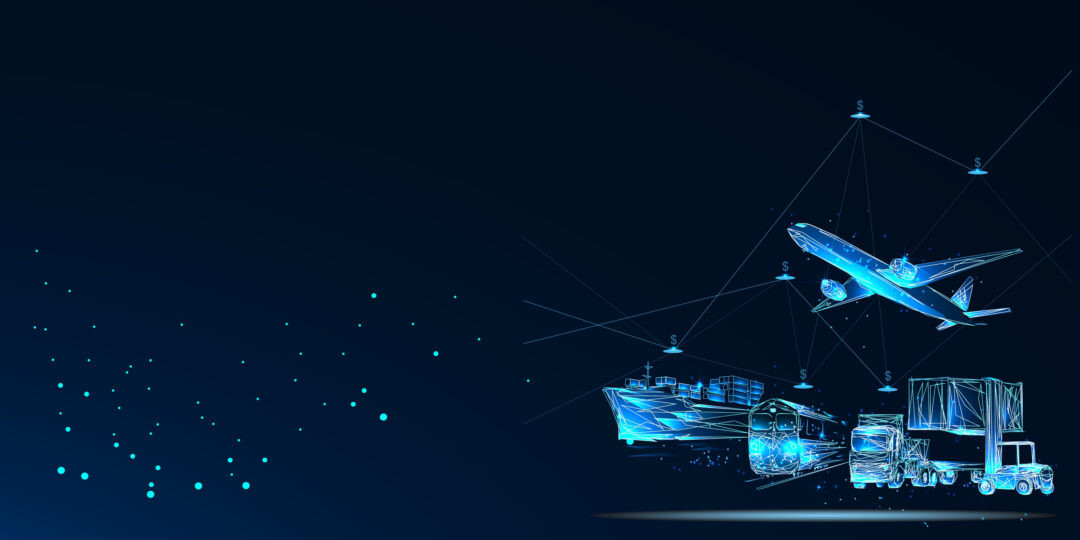
With disturbances of geopolitical crises, harsh weather, and fragmented ecosystems, companies need more intelligent, faster and more adapted risk management. Artificial intelligence (AI) appears as a powerful tool to counter this challenge – which makes insurance more efficient, response, and designed on the complications of multimedia logistics services.
“Logistics is a diverse ecosystem,” explains Eyal Goldberg, CEO of Breeze. “You have a lot of things that were working in the same way for years and years.”
The absolute complexity of linking sea, air, road and rail shipments, each with risks and their own processes, meaning that the ventricular AI solution will not cut it.
“The real effect will be … focus on specific industries, specific outlets, specific pain points, and the benefit of technology and AI to solve it.”
For example, in the case of BREZE, this means simplifying the functioning of insurance. What is required once to enter 30 or 40 data points now can be done with only a few – because artificial intelligence extracts fill the rest automatically.
“Instead of collecting 30 or 40 data points, it is sufficient to collect three or four because the rest can be extracted or taken away,” Goldberg explains. This reduces manual work and speeds up operations in all fields – from quotation and bills to subscription and demand management.
It is also expected a future that users do not even notice that they enter data: “We have some customers who say, how can we actually take these three or four points and do so only without noticing it? We just benefit from that when we need to benefit from it.”
Decisive feature
The need for data in the actual time was not greater than ever, as approximately 70 percent of global goods today are either unbelievable or unbelievable, and it is a tremendous weakness in a world full of uncertainty.
“Regardless of your ability to dive into a specific event, the fact that you can use technology to cover this insurance gap is very important,” he says. But besides mere coverage, speed and the ability to adapt vital. Various logistical services companies work to a unique workflow, so insurance solutions should be flexible.
“Your ability, from the insurance perspective, to allocate the flow and the correct solution to the various supply chain flows allows you to provide this insurance without effort and make sure that the goods are covered,” explains Goldberg.
Land transport and fragmented data
While air and marine shipments benefit from firm tracking systems, land transport is still more complicated. “When you go to Earth, claims and damages are more common because there is more treatment and exposure,” says Goldberg.
It is difficult to track charges on trucks and trucks due to the fragmented nature of the industry – many young players, various roads, and unwanted data. “There are emerging companies working on cheaper tracking solutions, but putting it on every shipment is still the road,” Goldberg notes.
Without consistent and organized data, risky prediction and insurance insurance for ground shipments, they are behind the air and sea. “From risk exposure, your Earth’s coverage is not comprehensive like sea and air,” Goldberg recognizes. The “Forest” of Logs offers a major field for technological innovation.
Weather analyzes
Climate change and harsh weather events added new challenges to the risk of logistics. “Our ability to understand the weather today is unrivaled for what it was 5 or 10 years ago. We can predict more future and understand advanced conditions.”
This data has been combined in Breeze’s underwriting models, allowing specially designed risk assessments and pricing modifications. But Goldberg warns, “You need to do this gradually. Entering more data in the subscription requires accurate testing and learning.”
Customers are increasingly concerned with how the weather affects their shipments, and visions that work artificial intelligence help to direct decisions. These dynamic subscription approaches in environmental data in the actual time to manage installments and cover more accurately.